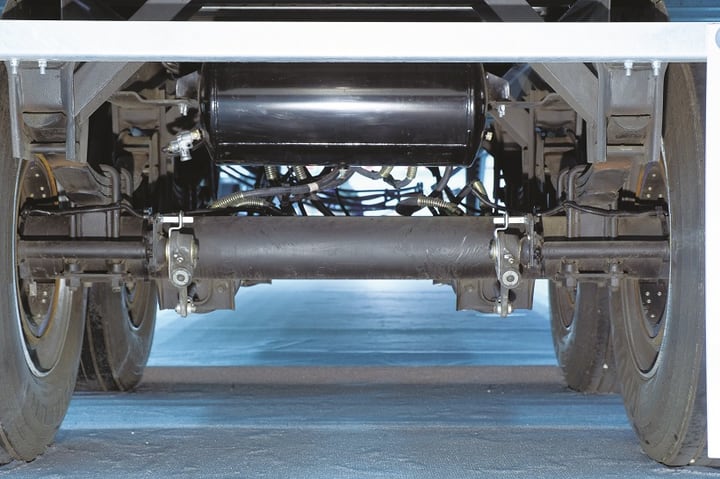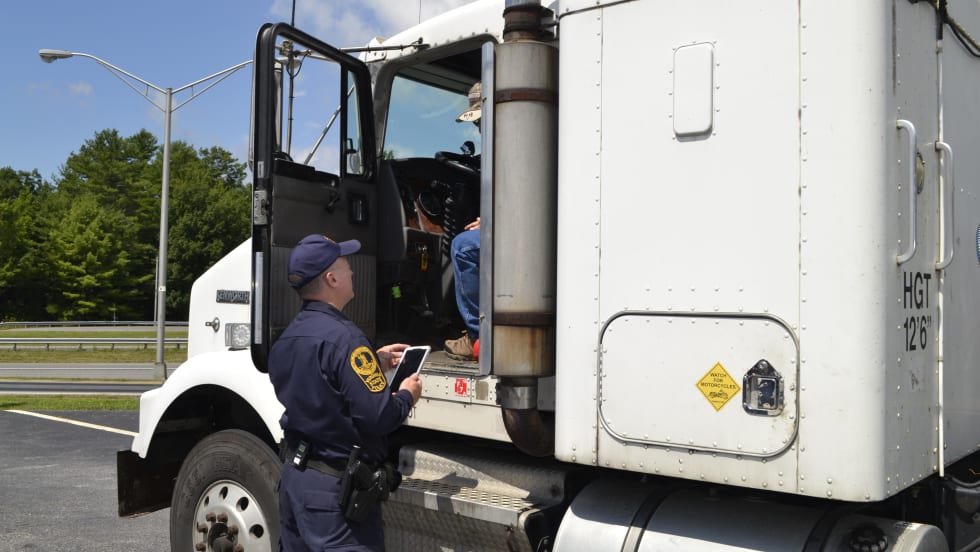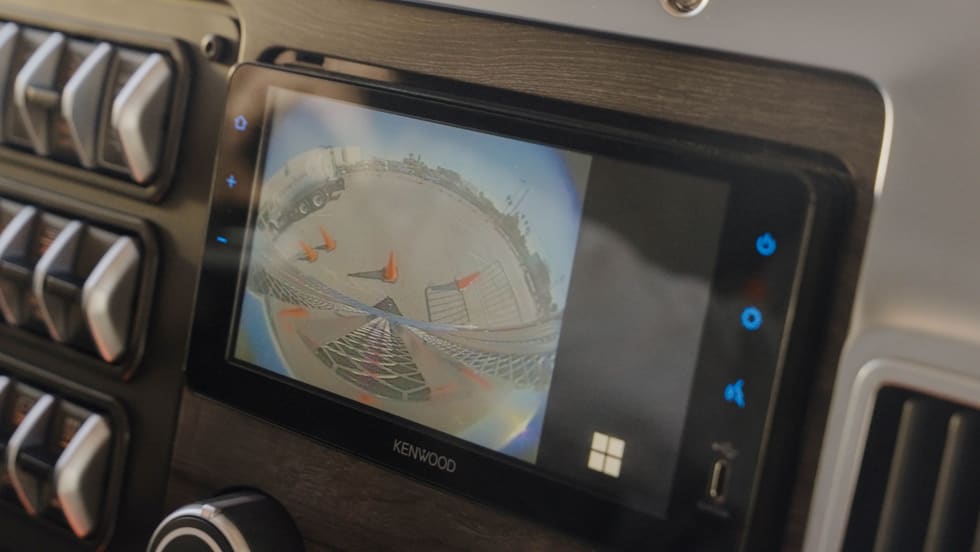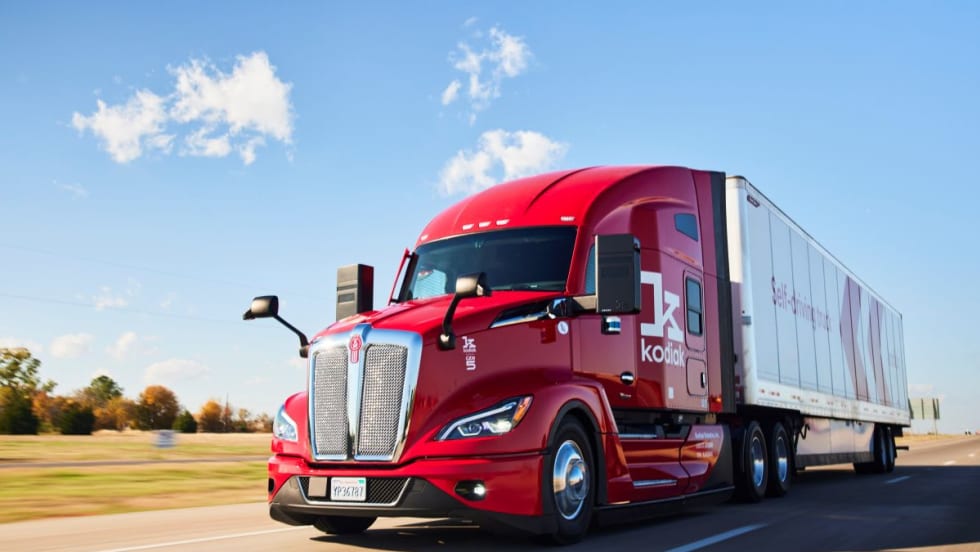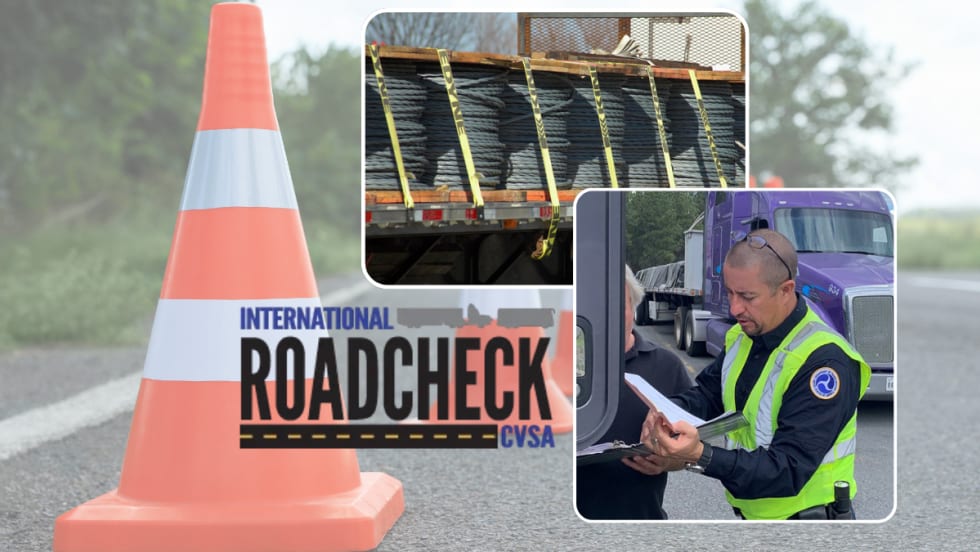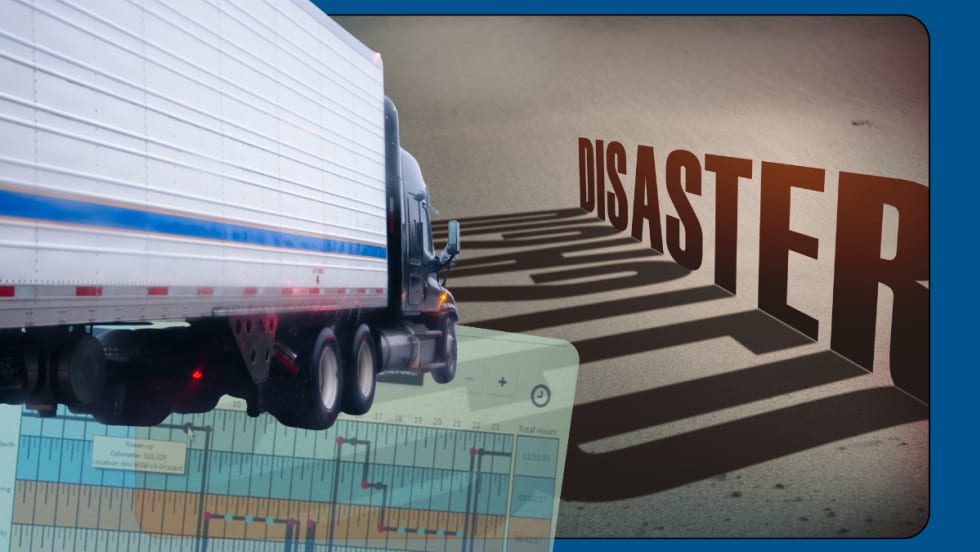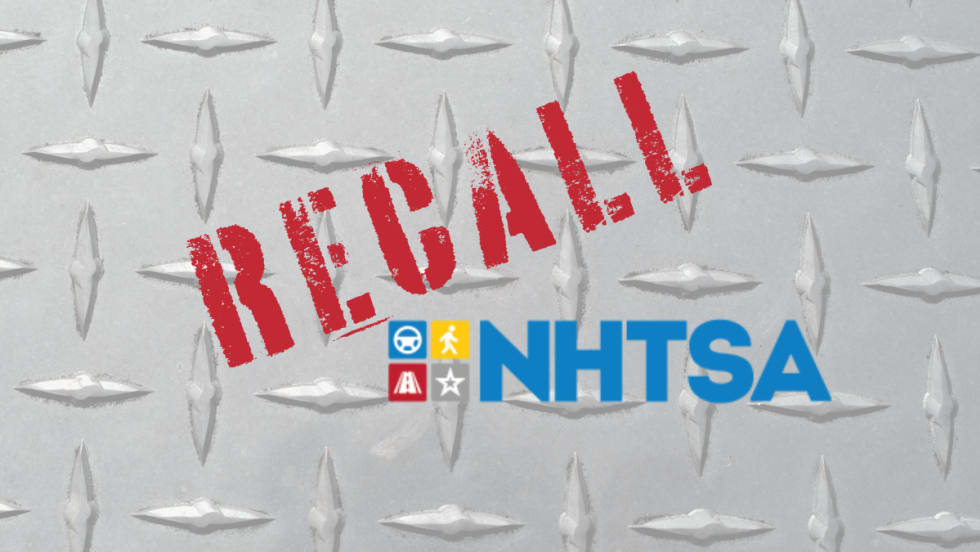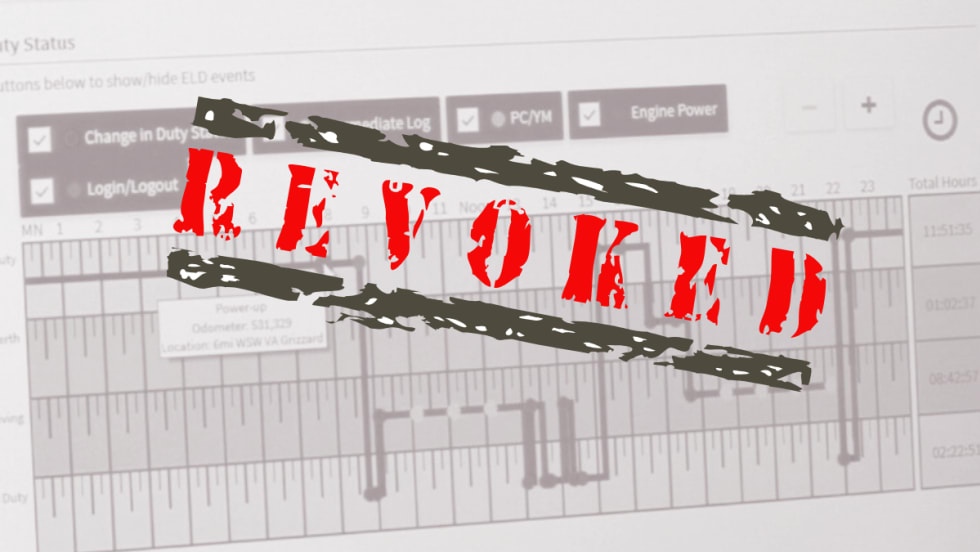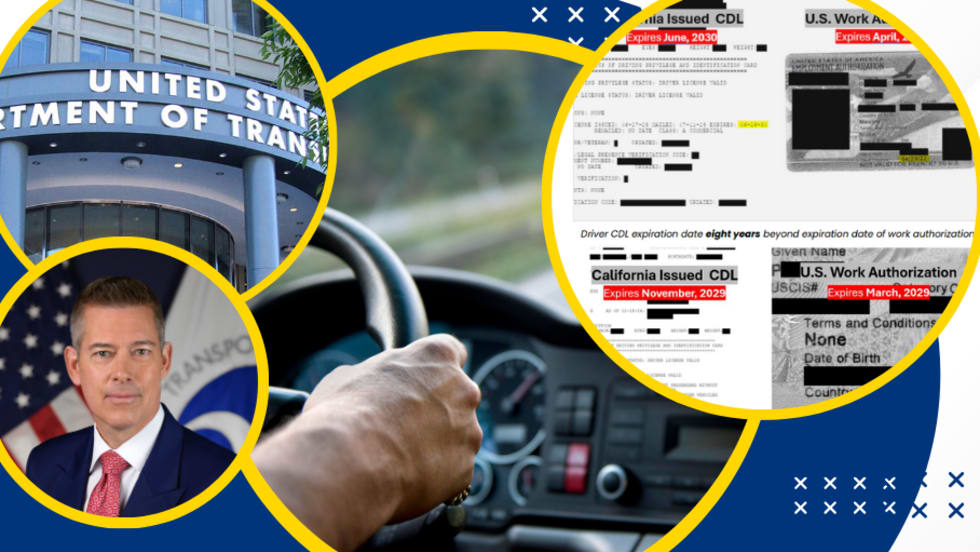Steering and suspensions will be the focus of this year’s Commercial Vehicle Safety Alliance International Roadcheck inspection event, taking place June 4-6.
Over the 72-hour period, commercial vehicle inspectors in jurisdictions throughout North America will conduct inspections on commercial vehicles and drivers. Each year, the CVSA emphasizes a category of violations and this year the group is highlighting steering components and suspension systems as a reminder of the importance to highway safety.
"Steering and suspension are safety critical systems for any commercial motor vehicle. Not only do they support the heavy loads carried by trucks and buses, but they also help maintain stability and control under acceleration and braking, keeping the vehicle safely on the road," said Jay Thompson CVSA president and chief with the Arkansas Highway Police. "Furthermore, they keep tires in alignment, reducing chances of uneven tire wear and possible tire failure, and they maximize the contact between the tires and the road to provide steering stability and good handling."
Last year’s International Roadcheck focused on hours-of-service violations, due to the new, at the time, electronic logging device mandate. As a result, hours-of-service violations were the most common cause of a vehicle being placed out of service, at 43.7% of all violations, though they occurred at a rate of only 2% of the total number of inspections and, overall, out-of-service rates were lower than in the previous year.
During International Roadcheck, CVSA-certified inspectors will primarily conduct the North American Standard Level I Inspection, a 37-step procedure that includes an examination of driver operating requirements and vehicle mechanical fitness. Inspectors may opt to conduct the Level II Walk-Around Driver/Vehicle Inspection, Level III Driver/Credential/Administrative Inspection or Level V Vehicle-Only Inspection.
The vehicle inspection includes checking critical inspection items such as: brake systems; cargo securement; coupling devices; driveline/driveshaft; driver's seat (missing); exhaust systems; frames; fuel systems; lighting devices (headlamps, tail lamps, stop lamps, turn signals and lamps/flags on projecting loads); steering mechanisms; suspensions; tires; van and open-top trailer bodies; wheels, rims and hubs; windshield wipers. Additional items on buses, motorcoaches, passenger vans or other passenger-carrying vehicles include emergency exits, electrical cables and systems in engine and battery compartments, and seating (temporary and aisle seats).
Drivers will be required to provide their driver's license (operating credentials), Medical Examiner's Certificate and Skill Performance Evaluation Certificate (if applicable), driver’s record of duty status and vehicle inspection report(s) (if applicable). Inspectors will also check drivers for seat belt usage, sickness, fatigue and apparent alcohol and/or drug impairment.
If no critical item violations are found during a Level I or V inspection an CVSA decal will be applied to the vehicle, indicating that the vehicle successfully passed a decal-eligible inspection conducted by a CVSA-certified inspector; however, when a rear impact guard is required and violations are present, a CVSA decal shall not be issued.
“Aside from the increased inspections, we are not doing anything differently than any other day. The inspections performed during International Roadcheck are the same inspections that are conducted the day before International Roadcheck starts and the day after it concludes, as well as any other day of the year,” said Thompson. "It's important to remember that inspections are conducted 365 days a year. We publicly announce the dates of this three-day enforcement and awareness initiative in advance because we want all vehicles on our roadways to be safe and compliant."




